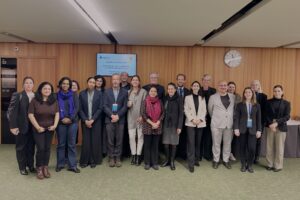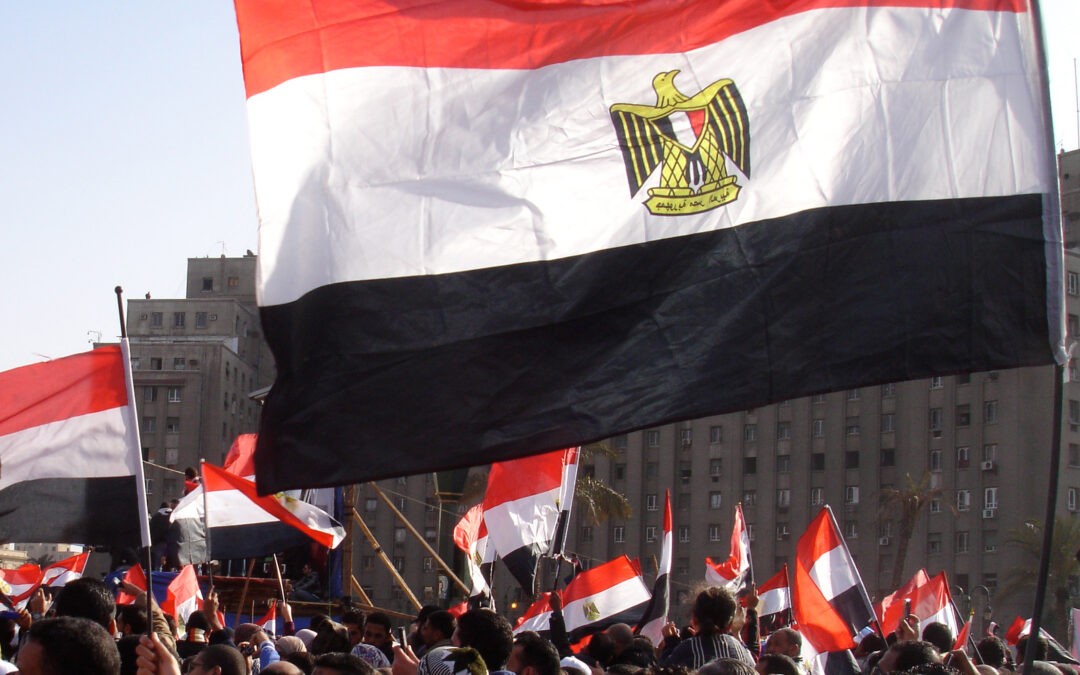
Apr 25, 2013 | News
The ICJ calls on the Egyptian authorities to take immediate steps to guarantee the rights of victims of human rights violations to an effective remedy and to reparation for the serious harm many have suffered.
The authorities should initiate, as a matter of the highest priority, prompt, thorough, independent and impartial investigations into past and ongoing human rights abuses, including cases of arbitrary detention, torture and ill-treatment, and extrajudicial and other unlawful killings.
The statement comes as the ICJ concludes a high-level mission to address the human rights situation in Egypt and to examine the measures being taken by the authorities to address both the legacy of human rights abuses and to ensure accountability for them.
“The Egyptian authorities should ensure that the pattern of widespread and systematic human rights violations committed under the former regime is not repeated. This will involve the comprehensive reform of State institutions and the revision of the national legal framework with a view to ensuring that the rights of victims are safeguarded in line with international standards,” said Justice Kalthoum Kennou, ICJ Commissioner and member of an ICJ mission to Egypt. “Such reforms should target the police and security forces, the Office of the Public Prosecutor, the Forensic Medicine Office and the judicial system as a whole, including by restricting the jurisdiction of the military justice system to exclude civilians and all cases involving human rights violations.”
The ICJ notes that current reparation programmes, established by the government, have a restricted mandate, which has resulted in the arbitrary exclusion of numerous victims and their families from these programmes. They also do not ensure the accessibility of the range of reparations required under international law. Most importantly, such programmes have failed so far to ensure accountability for past and ongoing human rights violations.
“The very few proceedings against State officials have resulted in acquittals or sentences that are not commensurate with the gravity of the crimes committed. In order to end this cycle of impunity, the Egyptian authorities must hold those responsible for gross human rights violations accountable through criminal prosecutions,” said Alejandro Salinas, a Chilean lawyer and member of the ICJ mission. “They should also establish a transitional justice mechanism with sufficient guarantees of independence and with a comprehensive mandate to address the legacy of past and present human rights abuses, while ensuring that impunity does not become entrenched.”
The delegation was led by ICJ Commissioner, Justice Kalthoum Kennou, and Alejandro Salinas, and was supported by ICJ legal advisers, Alice Goodenough and Marya Farah. The delegation met with the then Minister of Justice, Ahmed Mekki, Justice Adel Omar Sherif of the Supreme Constitutional Court, the President and Secretary-General of the National Council for Human Rights, Hossam Al Gheryani and Abdallah El Ashaal, the Director of the National Council for the Care of the Revolution’s Martyrs, Families and Wounded, Khaled Badwy, the Vice President of the Court of Cassation and Secretary General of the High Judicial Council, Justice Mohamed Mahgoub, Chairman of the Human Rights Committee of the Shura Council, Ehab Kharrat, members of the judiciary, the legal profession and civil society, as well as a number of victims, and the families of victims of human rights violations committed before and after the departure of former President Mubarak.
Contact:
Said Benarbia, ICJ Senior Legal Adviser of the Middle East and North Africa Programme, tel: 41 22 979 38 17, e-mail: said.benarbia(a)icj.org
Egypt-ICJ calls auhorities-Press release-2013-Arabic (full text in PDF)
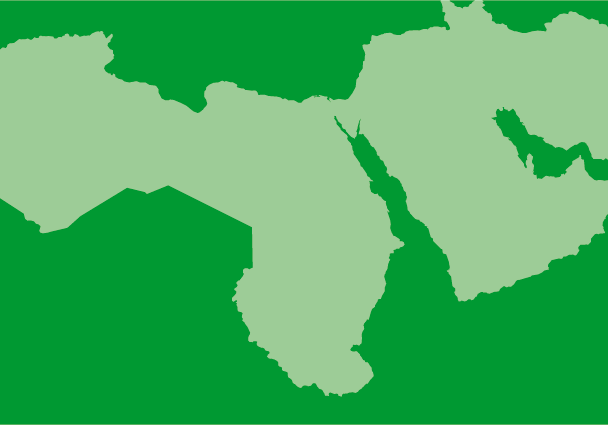
Apr 14, 2013 | News
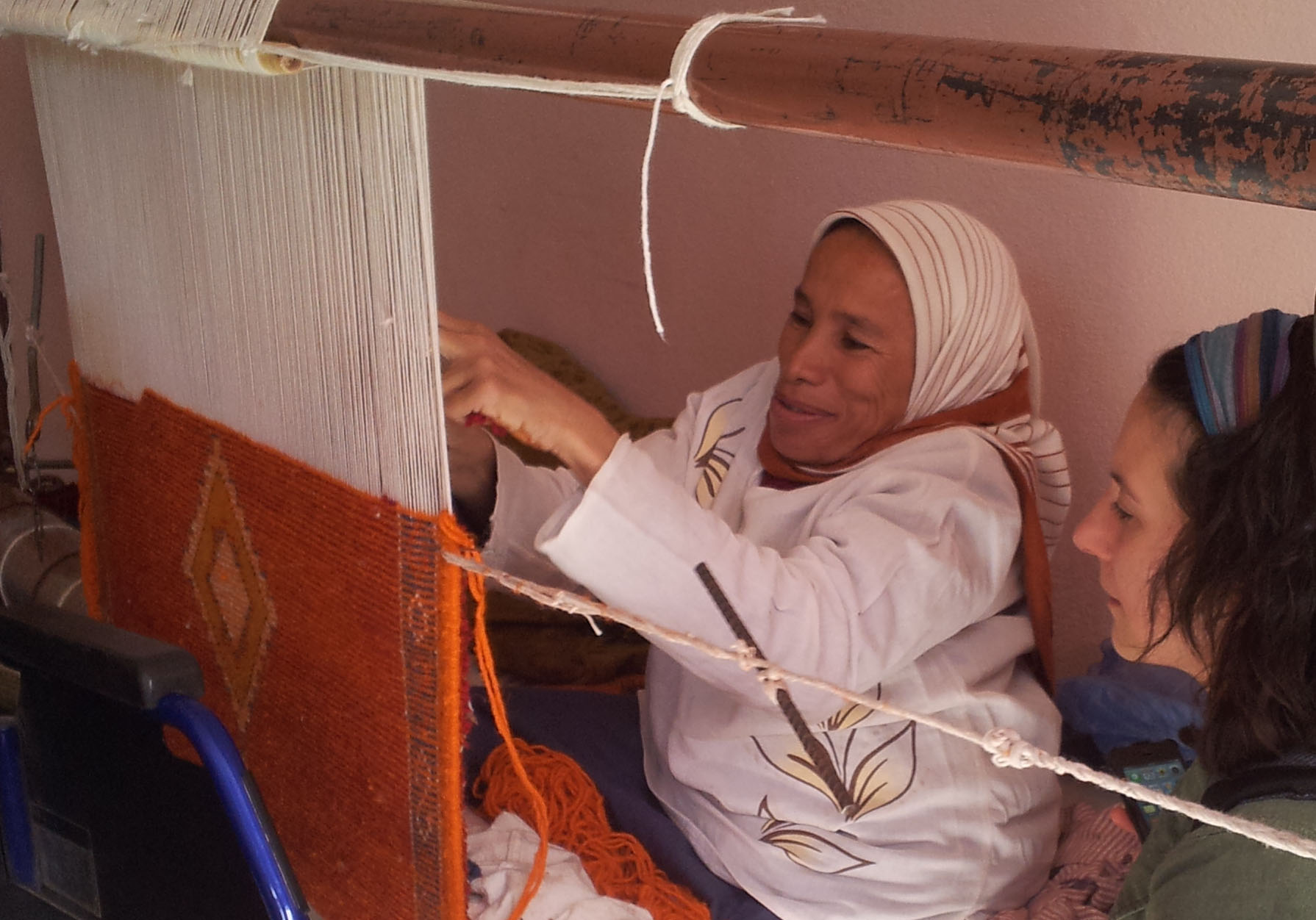 Du 7 au 13 avril 2013, la CIJ a organisé une mission de recherche sur l’accès à la justice pour les victimes de violations des DESC au Maroc.
Du 7 au 13 avril 2013, la CIJ a organisé une mission de recherche sur l’accès à la justice pour les victimes de violations des DESC au Maroc.
Durant la mission, organisée par le Programme sur les droits économiques, sociaux et culturels en collaboration avec le Programme régional Afrique du Nord et Moyen Orient, la CIJ s’est entretenue avec un large éventail d’acteurs impliqués dans la protection des droits économiques, sociaux et culturels, notamment les Présidents des Chambres administrative, civile et sociale de la Cour de Cassation du Royaume du Maroc ; des membres du Conseil National des Droits de l’Homme ; des représentants de syndicats de travailleurs dont l’Union Marocaine du Travail (UMT) et la Confédération Démocratique du Travail (CDT), ainsi que des associations de protection des consommateurs telles que la Fédération Nationale des Associations du Consommateur (FNAC), la section UNICONSO de Casablanca ainsi que l’Association Marocaine de Protection et d’Orientation du Consommateur (AMPOC) à Kenitra.
La CIJ a également rencontré des représentants de la société civile marocaine, y compris l’Union d’Action Féminine (UDF) et l’Association Démocratique des Femmes du Maroc (ADFM) ainsi que des victimes de violations des DESC.
Les entretiens menés durant la mission ont permis d’identifier les avancées mais aussi un nombre d’obstacles tant juridiques que pratiques empêchant un accès efficace à la justice pour les victimes de violations des DESC ainsi que les causes profondes de ces violations.
Les personnes rencontrées ont principalement insisté sur le fait que malgré qu’une nouvelle Constitution progressiste ainsi que de nouvelles lois respectueuses des droits de l’homme aient été adoptées ces dernières années, leur application demeure problématique.
Cette mission a permis de récolter de nombreuses informations qui complèteront celles déjà compilées depuis juillet 2012 par le biais de recherche documentaires et ateliers, et permettront de publier un rapport sur l’accès à la justice pour les violations des DESC au Maroc, qui sera publié au courant de l’année 2013.
Contexte de la mission
Dans le cadre de projets nationaux tels que celui sur le Maroc, le Programme sur les droits économiques, sociaux et culturels de la CIJ vise à contribuer à l’amélioration de la responsabilité pour les violations de droits de l’homme et l’accès à la justice pour tous, notamment les victimes de violations et de menaces à l’encontre des droits économiques, sociaux et culturels.
La CIJ a démarré un processus de recherches au niveau national afin d’identifier les obstacles et les possibilités pour l’accès à la justice, ainsi qu’un processus de consultations et de collaborations avec ses partenaires locaux afin de déterminer des stratégies pouvant remédier aux manquements identifiés.
Selon les besoins identifiés, la CIJ appuiera la mise en œuvre de recommandations et interviendra à travers des actions telles des formations et des contributions juridiques.
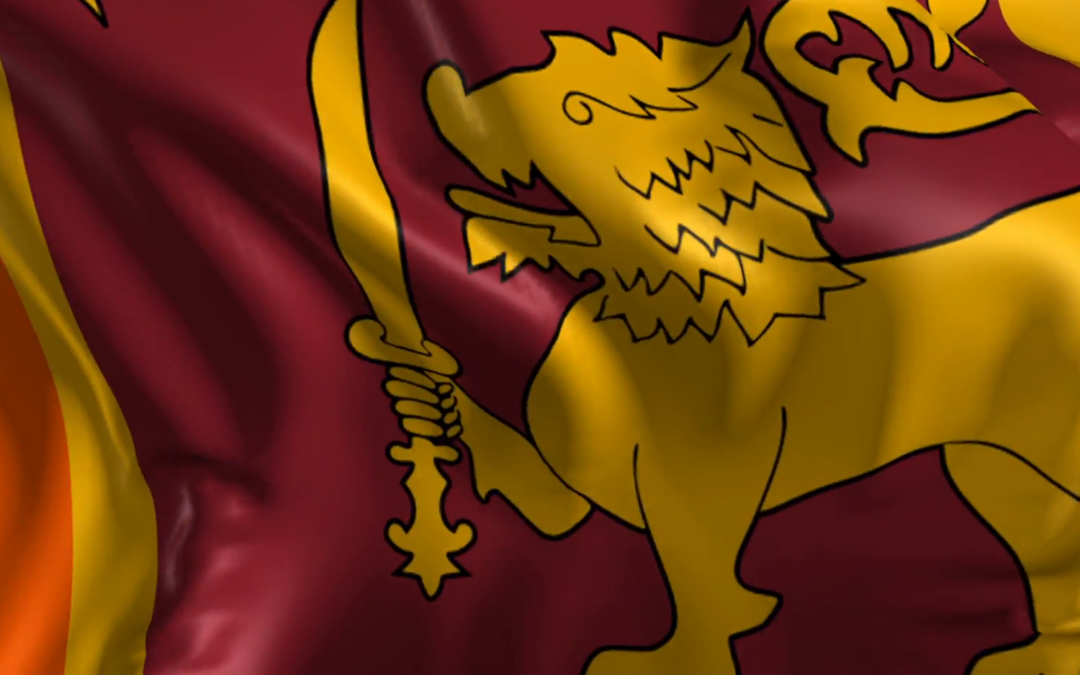
Jan 15, 2013 | News
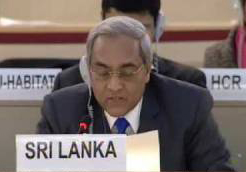 The appointment of former Attorney General Mohan Peiris (photo) as Sri Lanka’s new Chief Justice raises serious concerns about the future of the Rule of Law and accountability in the country, the ICJ said today.
The appointment of former Attorney General Mohan Peiris (photo) as Sri Lanka’s new Chief Justice raises serious concerns about the future of the Rule of Law and accountability in the country, the ICJ said today.
Mohan Peiris has served in a variety of high-level legal posts in the past decade, always playing a key role in defending the conduct of the Sri Lankan government.
He served as Sri Lanka’s Attorney-General from 2009 to 2011. Since then he has served as the legal adviser to President Mahinda Rajapakse and the Cabinet.
“During his tenure as Attorney-General and the government’s top legal advisor Mohan Peiris consistently blocked efforts to hold the government responsible for serious human rights violations and disregarded international law and standards,” said Sam Zarifi, ICJ’s Asia director.
“Mohan Peiris’ appointment as the new Chief Justice, after a politically compromised and procedurally flawed impeachment, adds serious insult to the gross injury already inflicted on Sri Lanka’s long suffering judiciary.”
The International Commission of Jurists, in its recent report on impunity in Sri Lanka, highlighted Mohan Peiris’ lack independence as Attorney-General, noting the alarming number of cases involving prominent politicians that were withdrawn during his tenure.
In November 2011, as Attorney General, Peiris told the UN Committee Against Torture in Geneva that political cartoonist Prageeth Ekneligoda, believed to have been subjected to enforced disappearance in January 2010, had actually left Sri Lanka. In June 2012, Peiris admitted to a court in Colombo that this claim was groundless.
“ICJ condemns this appointment as a further assault on the independence of the judiciary and calls on the Sri Lankan government to reinstate Chief Justice Shirani Bandaranayake. If there are grounds for questioning the Chief Justice’s actions, they should be pursued following due process and a proper impeachment process.”
CONTACT:
Sam Zarifi, ICJ Asia-Pacific Regional Director, Bangkok, t:+66 807819002; email: sam.zarifi(at)icj.org
Sheila Varadan, ICJ Legal Advisor, South Asia Programme, Bangkok, t: +66 857200723; email: sheila.varadan(at)icj.org
NOTE:
In a statement today (see below), Justice Bandarayanake strongly denied all the charges against her and asserted her status as the legal Chief Justice of Sri Lanka’s supreme court. She said: “The accusations leveled against me are blatant lies. I am totally innocent of all charges…Since it now appears that there might be violence if I remain in my official residence or my chambers I am compelled to move…”
Sri Lanka-CJ final speech-2012 (full statement, in pdf)
Read also:
ICJ condemns impeachment of Sri Lanka’s Chief Justice
Sri Lanka’s Parliament should reject motion to impeach Chief Justice
Impeachment of Sri Lankan Chief Justice: Government must adhere to international standards of due process
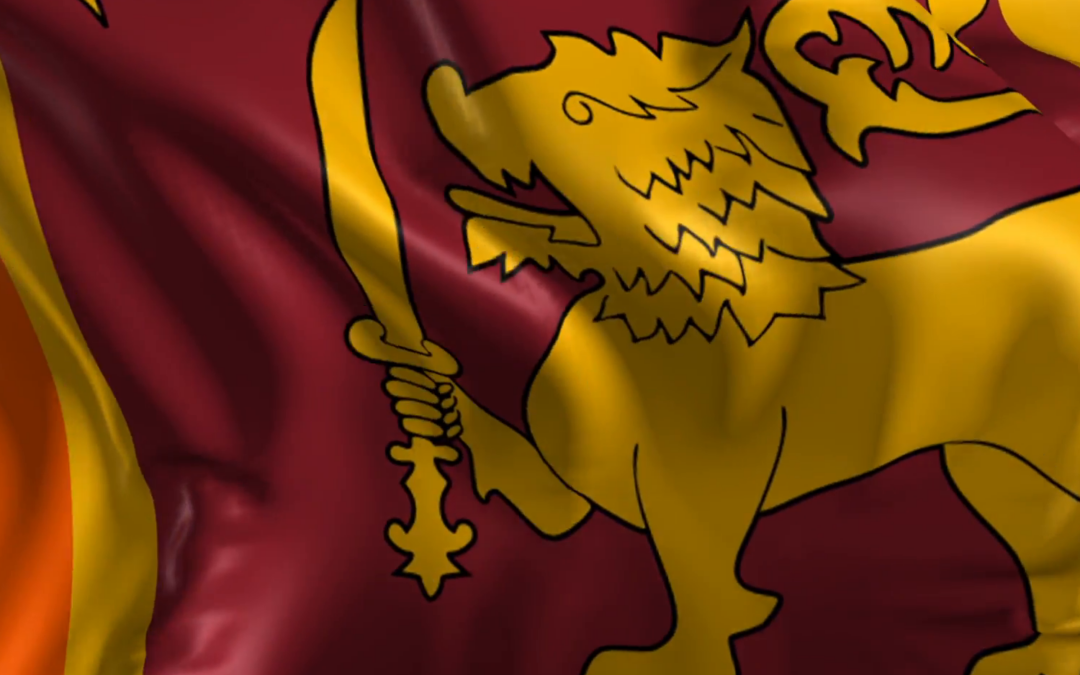
Jan 9, 2013 | News
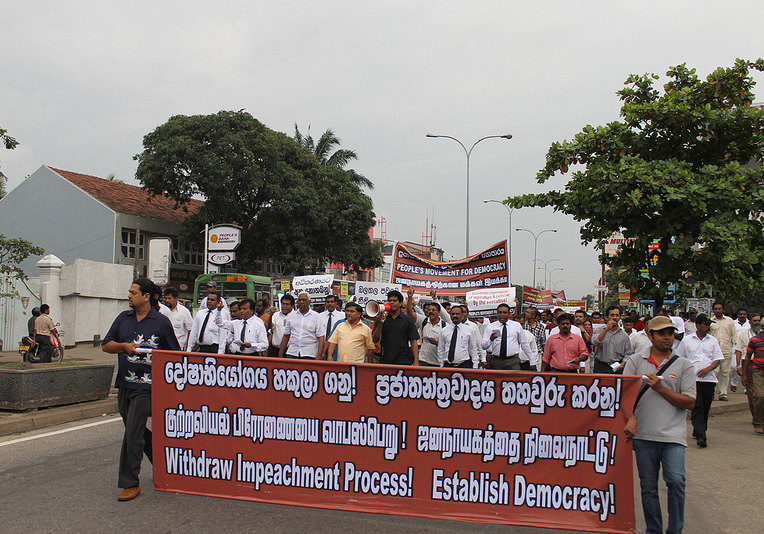 Members of Sri Lanka’s Parliament should reject the impeachment motion to remove Chief Justice Shirani Bandaranayake, that will be put before Parliament on 10-11 January 2013, the ICJ said today.
Members of Sri Lanka’s Parliament should reject the impeachment motion to remove Chief Justice Shirani Bandaranayake, that will be put before Parliament on 10-11 January 2013, the ICJ said today.
The ICJ call comes after a three-member panel of the Supreme Court, in a decision issued on 1 January 2013, ruled that the impeachment procedure in Parliament was not constitutionally valid, finding that such procedures could only be established ‘by law’ enacted by Parliament. The Standing Orders governing the current impeachment investigative process are not considered ‘law’ under the Constitution of Sri Lanka.
“The assault on the independence of the Sri Lankan judiciary in recent months has brought Sri Lanka to the brink of a constitutional crisis,” said Sam Zarifi, ICJ’s Asia Director. “If the impeachment motion is passed in Parliament in defiance of decisions of the country’s judiciary, it will signal a massive breakdown in the rule of law and checks and balances.”
The ICJ stresses that in a democratic society operating under the rule of law, the principle of judicial review is paramount and judges have the ultimate authority to determine what the law provides.
Following the Supreme Court decision, the Court of Appeal quashed the findings of the Parliamentary Select Committee on 7 January 2013, claiming the PSC lacked authority to make such a finding.
In response to the Supreme Court decision, President Mahinda Rajapakse announced his intention to create a four-member panel on 7 January 2013 to review the Parliamentary Select Committee Report and comment on its constitutional validity. The identities of the panel members have not been revealed.
“Creating another ad hoc committee on an arbitrary basis to pronounce on the validity of the impeachment process in Parliament – a process already held to be improper by the apex Court – aggravates the insult to the judiciary and deepens the constitutional crisis,” Zarifi said. “Judges are not above the law, and should be subject to impeachment if they have engaged in serious misdeeds, but the faulty process used by the Parliamentary committee violated basic notions of due process and truth-seeking.”
Last month, the Bar Association of Sri Lanka unanimously passed a resolution calling on the President to reconsider the impeachment, warning that if principles of rule of law were disregarded in the removal process, the Bar would not formally welcome the new Chief Justice.
“This current crisis threatens to leave Sri Lanka with little or no means to hold State officials accountable for serious human rights violations,” Zarifi added. “This government has shown itself committed to imposing a climate of impunity in Sri Lanka. The Parliament should stop the country’s sad slide away from the rule of law.”
The ICJ released a 150-page report in early November 2012 focusing on impunity in Sri Lanka and highlighting the recent attacks on the judiciary as a key factor that has led to the erosion of State accountability mechanisms.
The impeachment process against Chief Justice Shirani Bandaranayake has been widely criticized for ignoring international standards and practice.
The ICJ in an earlier statement called on the Government of Sri Lanka to adhere to international standards and practice in the impeachment hearings.
The ICJ reiterates its call on the Government of Sri Lanka to take active measures to promote the independence of the judiciary and rule of law by adhering to international standards and practice in impeachment hearings.
CONTACT:
Sam Zarifi, ICJ Asia-Pacific Regional Director, Bangkok, t:+66 807819002; email: sam.zarifi(at)icj.org
Sheila Varadan, ICJ Legal Advisor, South Asia Programme (Bangkok), t: +66 857200723; email: sheila.varadan(at)icj.org
BACKGROUND:
The impeachment motion was initiated just days after the Chief Justice ruled against the Government on a controversial bill – the Divi Neguma Bill, under which the Minister of Economic Development (who is also the President’s brother, Basil Rajapakse) would have had control over a fund of 80 billion Sri Lankan rupees (611 million USD) with minimal accountability.
Attacks on the judiciary have been escalating since July 2012. A Government Minister Rishad Bathiudeen threatened a Magistrate in Mannar and then allegedly orchestrated a mob to pelt stones at the Mannar courthouse. In early October 2012, the ICJ condemned the physical assault on the secretary of the Judicial Service Commission, Manjula Tillekaratne.
On 6 November 2012, a motion to initiate impeachment proceedings was brought against Chief Justice Shirani Bandaranayake. The motion contained fourteen charges relating to the non-disclosure of financial assets and improper conduct of a Chief Justice. On 8 November 2012, the Chief Justice’s lawyers responded to four of the fourteen charges, claiming that all operative bank accounts had been disclosed and only those accounts which were closed or held no funds were not declared.
On 6 December 2012, the Chief Justice and her team of lawyers walked out of the impeachment hearing in protest over the denial of a fair hearing.
On 8 December 2012, a majority of the Parliamentary Select Committee comprising government representatives found the Chief Justice guilty of four charges out of the fourteen allegations. The Committee’s released its findings despite the Supreme Court’s request in late November 2012 that hearings be delayed until it could determine the constitutionality of the proceeding.
Photo by vikalapa
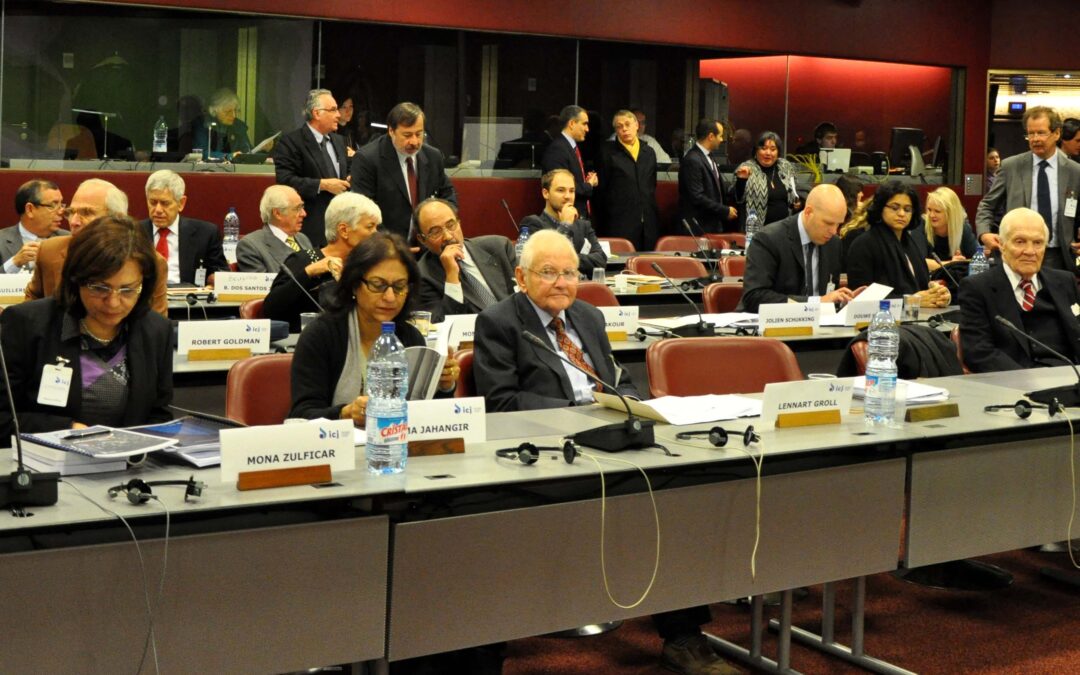
Dec 11, 2012 | Events, News
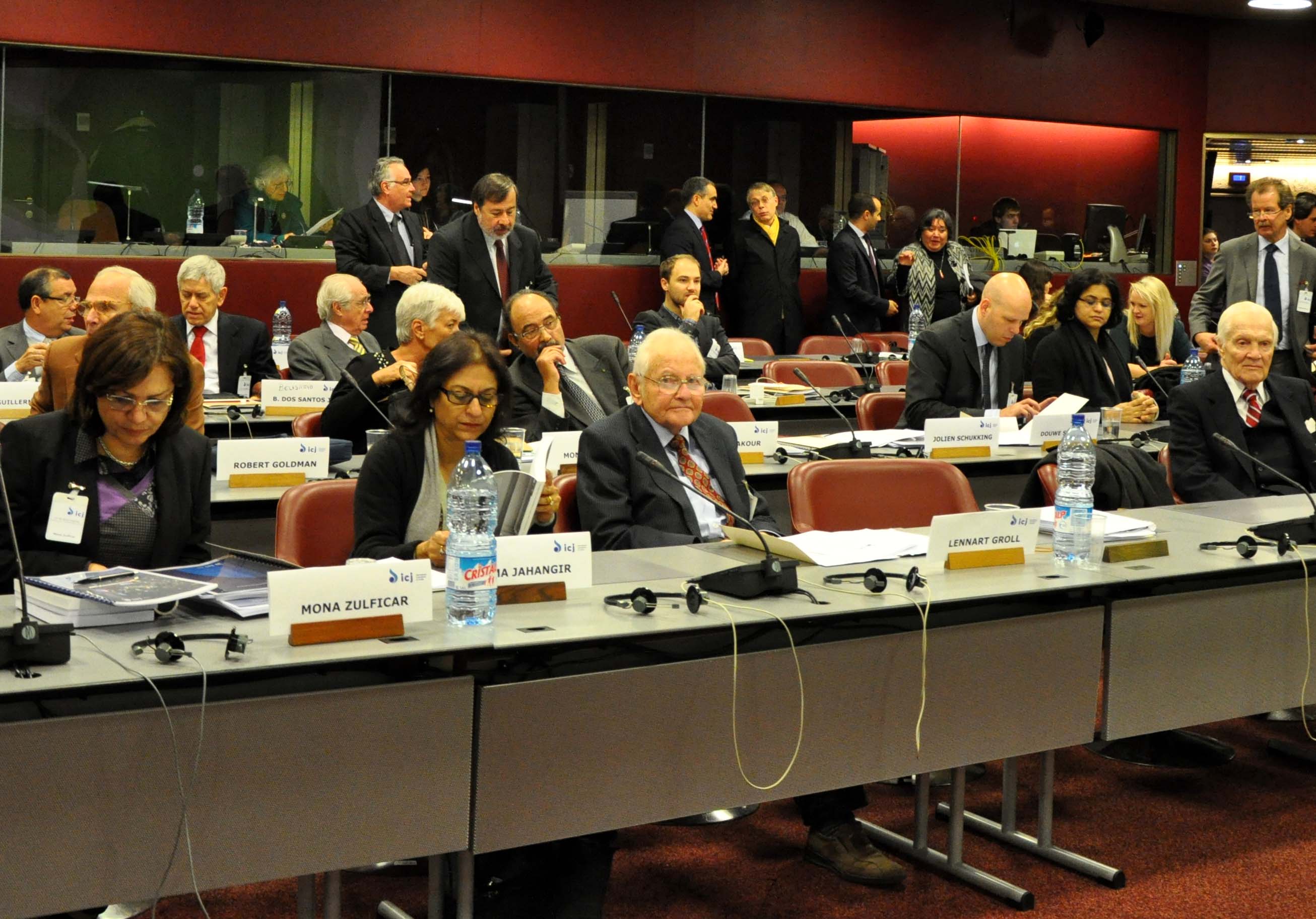 Leading jurists gather at ICJ World Congress to work on international legal remedies to human rights violations.
Leading jurists gather at ICJ World Congress to work on international legal remedies to human rights violations.










